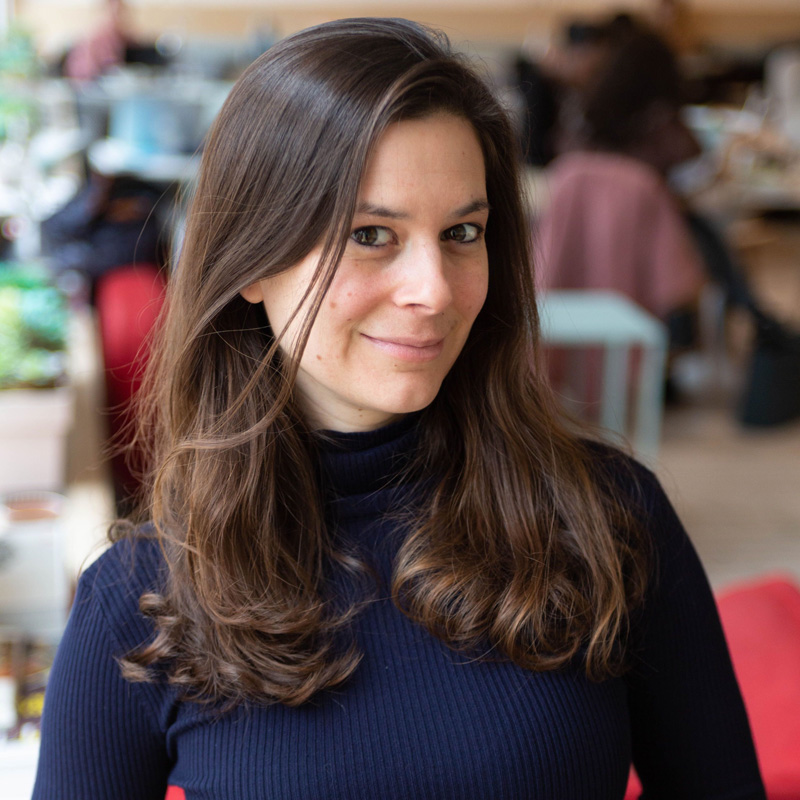Exploring two-piano duo

Nothing summons bright moments like two pianos on a single stage. Nuance reigns. And subtle changes have resonating impact. While each may be part of a shared tradition that stretches from Hank Jones and Teddy Wilson through Chick and Herbie all the way to Craig Taborn and Kris Davis, no two-piano duo is comparable to another. That’s the magic of the context.
Appearing together nearly one year after their first duo performance, American Pianists Awards winners Sullivan Fortner (2015) and Adam Birnbaum (2004) explore the two-piano context on December 4, 2021 in Indianapolis. Alone on the bandstand, they’ll evolve a sacred legacy of spontaneity, mutual admiration and personal sound.
When the two artists performed together for the first time in 2020, in spite of their distinct expressions, Fortner found they both draw inspiration from like spheres of influence. “Adam and I come from a very similar aesthetic,” says the GRAMMY Award-winning pianist and composer. “We have a few differences, but we share similarities in the people that we like—Fred Hersch and Jason Moran—people from the bebop tradition, straight ahead guys. We draw from some of the same elements, some of the same materials.”
For Birnbaum, who has performed live with countless pianist-composers over the years, the two-piano context is part of his developmental DNA. As an undergrad at Juilliard, routinely he would play alongside mentor Kenny Barron, reacting in the moment to subtle transitions and, now and then, confronting his insecurities. “Lessons would consist of the two of us getting in a room with two pianos and just playing together for the entire lesson,” says the Steinway Artist. “We would just call tunes and, if I didn’t know something, he would play it anyway and I’d have to pick it up by ear.”
That cliff-diving conviction lends itself to the artists’ upcoming duo performance. Reflexive micro-adjustments in phrasing and intuitive shifts in register abound. Like so many masters of the instrument, Fortner views the piano as an entire orchestra, a perspective that informs his approach to playing in concert with Birnbaum. “With two pianos, there’s two orchestras [laughs], so I try to do a little more bending as far as how much I play,” he says. “I think about register, and not really playing as much as I would normally play if I were playing in a context where it’s just one piano.”
The format seems to serve expansion and intimacy at once. Slight differences in how each artist interprets—and projects—time emerge in arcs of development and moments of breath. “You work duo, it’s very intimate,” says Birnbaum, who has served as pianist in the Vanguard Jazz Orchestra in New York City since 2019. “Two pianos can be kind of bombastic if you’re just playing at the same time on top of each other. The goal is to get inside the mindset of the person you’re working with, try to play counterpoint to what they’re doing, in a way that fits musically.”
The evening’s program is poised to be unscripted. Forgoing a setlist in favor of calling tunes feels authentic to both artists’ expressions. And despite unique musical dialects, a shared vocabulary allows them to weave in and out of sections together and intuit what serves the music and the moment. “Sullivan is a very free-spirited musician,” says Birnbaum. “He’s not the type to plan something out in advance or have anything worked out. The fun of the concert is going to be playing tunes and seeing what happens.”
That level of openness promotes a degree of vulnerability. From time to time, self-consciousness enters the atmosphere. “‘Am I playing too much?’ I wonder if I’m playing too much or too little,” says Fortner, “if I’m being supportive or if I’m in the way. That stuff kind of haunts me whenever I play in these type of contexts.”
When Birnbaum experiences those moments of questioning, he finds the gesture itself can be the antidote. Rather than compare his own artistry to that of those storied pianists who came before him—or the person across the stage—he embraces an endlessness of possibility and acknowledges the grace and mystery of a personal sound.
“Playing with someone as great as Sullivan, it can be very easy to doubt yourself or doubt your own voice,” he says. “But [over the years], I’ve become comfortable enough in my own skin: This is me. This is what I do. This is my musical voice. And we can make music together. I guess that’s what it comes down to, as a jazz pianist especially. The more you start thinking about all the people that came before you, you’ll basically never want to play. They’ve done it all. So you have to shut off your brain, take all the thinking out, take all the doubts out, and play what comes naturally to you, just allow yourself to be you.”
---
Adam Birnbaum & Sullivan Fortner perform Saturday, December 4, 2021 at the Jazz Kitchen in Indianapolis. This concert will be livestreamed and available for subsequent viewing.